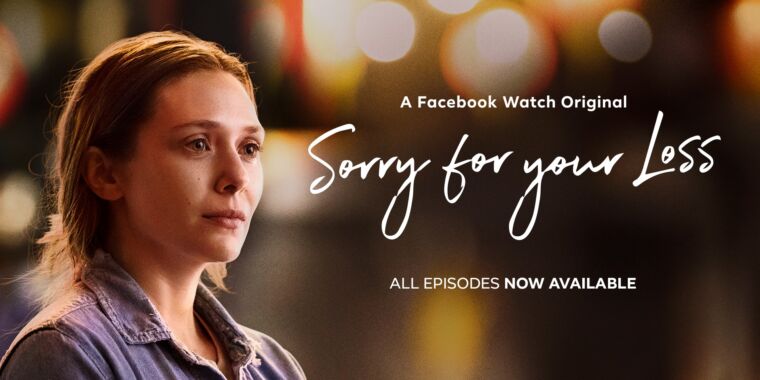Meta Ends Support for Original Shows on Facebook Watch
In an unprecedented move last April, Meta disclosed its decision to cease the production of original shows on Facebook Watch. Among the casualties of this announcement is the renowned talk show, Red Table Talk hosted by Jada Pinkett Smith. This decision marks the death of Meta’s once-thriving streaming business, which was once positioned as a competitor to established platforms such as YouTube and Netflix. Consequently, Meta no longer engages in the creation of original series, and Facebook Watch has been discontinued as a video-streaming application.
Meta’s Strategic Shift: A Closer Look
The demise of Meta’s streaming business is widely believed to be a consequence of cost-cutting measures within the company, which have also resulted in significant layoffs. However, recent court documents that have been unsealed as part of an antitrust lawsuit against Meta suggest a different narrative. According to the documents presented in the lawsuit, Meta may have abandoned its streaming ambitions to cater to the demands of one of its major advertising clients, Netflix.
Facebook’s Alleged Special Treatment of Netflix
It has been alleged that Facebook accorded preferential treatment to Netflix, granting the streaming giant certain privileges that were deemed unfair and anti-competitive. Reports indicate that a letter submitted in connection with a class-action antitrust lawsuit involving Meta customers raised concerns over the nature of the partnership between Meta and Netflix, pointing to potential violations related to competition and consumer welfare.
The letter mentioned that Netflix’s founder and former CEO, Reed Hastings, was requested to produce documents in response to a subpoena pertaining to the case, further underscoring the seriousness of the allegations. While the initial complaint filed in 2020 referenced Facebook’s secret agreements with various third-party developers, the recent developments shed new light on the extent of Facebook’s dealings with Netflix.
At the heart of the matter lies the claim that Facebook enabled Netflix to access the private messages of Facebook users as part of their business arrangement. This alleged access was granted to Netflix through specialized API agreements, allowing the streaming service to collect data on user behavior and interactions on the platform.
By 2013, Netflix had begun entering into a series of “Facebook Extended API” agreements, including a so-called “Inbox API” agreement that allowed Netflix programmatic access to Facebook’s users’ private message inboxes, in exchange for which Netflix would “provide to FB a written report every two weeks that shows daily counts of recommendation sends and recipient clicks by interface, initiation surface, and/or implementation variant (e.g., Facebook vs. non-Facebook recommendation recipients). … In August 2013, Facebook provided Netflix with access to its so-called “Titan API,” a private API that allowed a whitelisted partner to access, among other things, Facebook users’ “messaging app and non-app friends.”
Concerns and Consequences
The revelations surrounding Facebook’s relationship with Netflix raise significant questions about the ethical implications of such partnerships. The alleged exchange of user data for commercial gains underscores the challenges faced by tech giants in maintaining transparency and accountability in their operations.
While Meta has emphasized its commitment to user privacy and data security through initiatives such as end-to-end encryption on Messenger and Facebook, questions linger about the extent to which user data is shared with third-party collaborators. Reports suggesting that Facebook allowed Netflix and Spotify to access private messages of users have placed Meta under increased scrutiny.
When approached for comments on the matter, Meta declined to offer a response to inquiries from Ars Technica, leaving the details of the situation open to interpretation. The company did, however, acknowledge the existence of standard agreements with Netflix, without providing specific details on the nature of these agreements.
Image/Photo credit: source url





